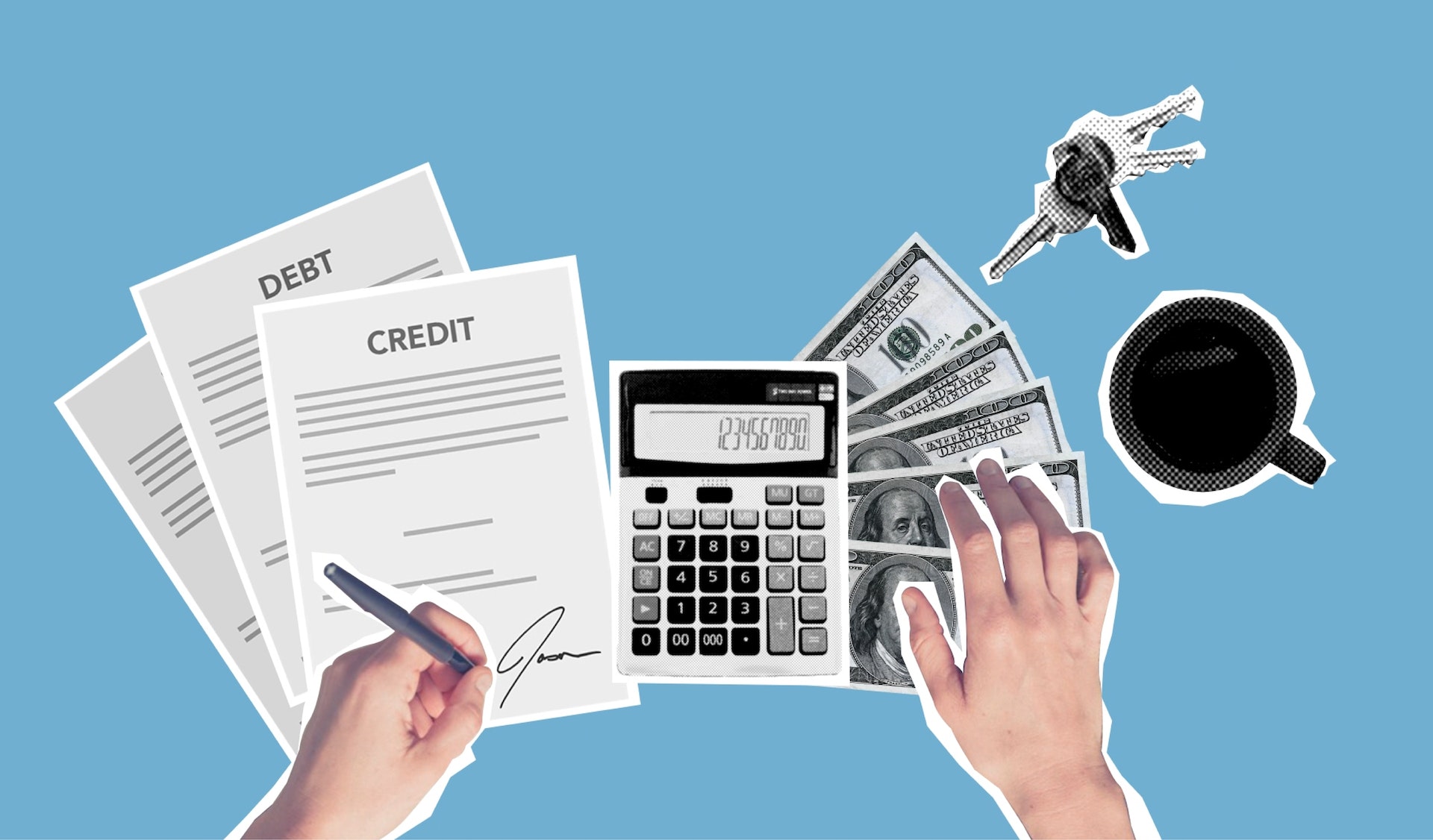
Debt consolidation is an option that can help you get out of debt faster and raise your credit score. However, ensuring this is the right financial move for you is essential. In this article, we’ll look at the pros and cons of debt consolidation and how you can decide whether it is right for you.
Table of Contents
Debt consolidation can help you pay off your debts faster.
Debt consolidation doesn’t eliminate the debt. You may end up paying more interest on the debt consolidation loan than you would if you stayed with your original creditors. On the other hand, you may have a bad credit history and qualify for low-interest rates on new loans. Debt consolidation can help you make budgets and change spending habits.
Debt consolidation loans can be secured or unsecured. You can get a loan from a bank or peer-to-peer lending company such as Priority Plus Financial. Peer-to-peer lending is becoming increasingly popular but ensuring it’s right for you is essential. Other methods of debt consolidation include credit card balance transfers.
It can improve your credit score.
While debt consolidation can have a short-term negative impact on your credit score, it can have a long-term positive effect. A consolidation loan can lower your total credit utilization ratio, raising your credit score over time. You should also ensure that you have an appropriate budget and use autopay or other tools to avoid missing payments. If you’re concerned that you may miss a payment, communicate with your lender ahead of time.
Managing multiple debt payments can be a hassle, and making late or missed payments can hurt your credit score. However, debt consolidation can reduce this stress and make it easier to track one monthly payment. Plus, creating a single payment on time will improve your credit score.
It can leave you in deeper debt than where you started.
One of the primary benefits of debt consolidation is a lower interest rate. However, this is only true if you can afford to pay off your debt at a lower interest rate. While you’ll benefit from a lower interest rate, it isn’t worth it if you’re left in deeper debt than where you started. Debt consolidation is a solution for people who find it challenging to manage their spending, for example, because of unexpected expenses, such as unemployment or medical bills.
Debt consolidation is a way to combine all of your unsecured debts into one loan. This will simplify your payments and reduce your interest rate, allowing you to pay off your debt faster.
It can be a smart financial move.
One of the benefits of debt consolidation is the reduction of monthly payments. While it may seem like it’s an option for people who don’t have much money, this may not be the best solution if you have a lot of credit card debt. Instead, you should consider consolidating your debt into one lower-interest loan. That way, you’ll be able to make one low payment instead of several high-interest ones.
Debt consolidation may also improve your credit score and credit utilization ratio. In addition, it’s a great way to organize your debt payoff.
It can be a risky move.
Consolidation can lead to a lower interest rate, saving you hundreds or even thousands of dollars. Of course, the new interest rate may not be as low as your current one, but even a slight reduction can add up. Moreover, you will only have to pay one monthly payment, giving you greater control over your finances.
However, debt consolidation can also be bad for your credit score. The debt consolidation process can negatively affect your credit score, particularly in the beginning. Although it will be beneficial in the long term, it can lower your score temporarily. If you cannot make your new payments on time, the debt settlement company will use your inability to pay as leverage. This strategy is not guaranteed to work and will negatively impact your credit report for up to seven years.
Debt consolidation is a good option for people who are struggling with debt. It combines several small loans into a single loan, usually with a lower interest rate. This makes it easier to pay off your debt and reduces stress. In addition, the lower interest rate will help you save money while paying off your debt.



